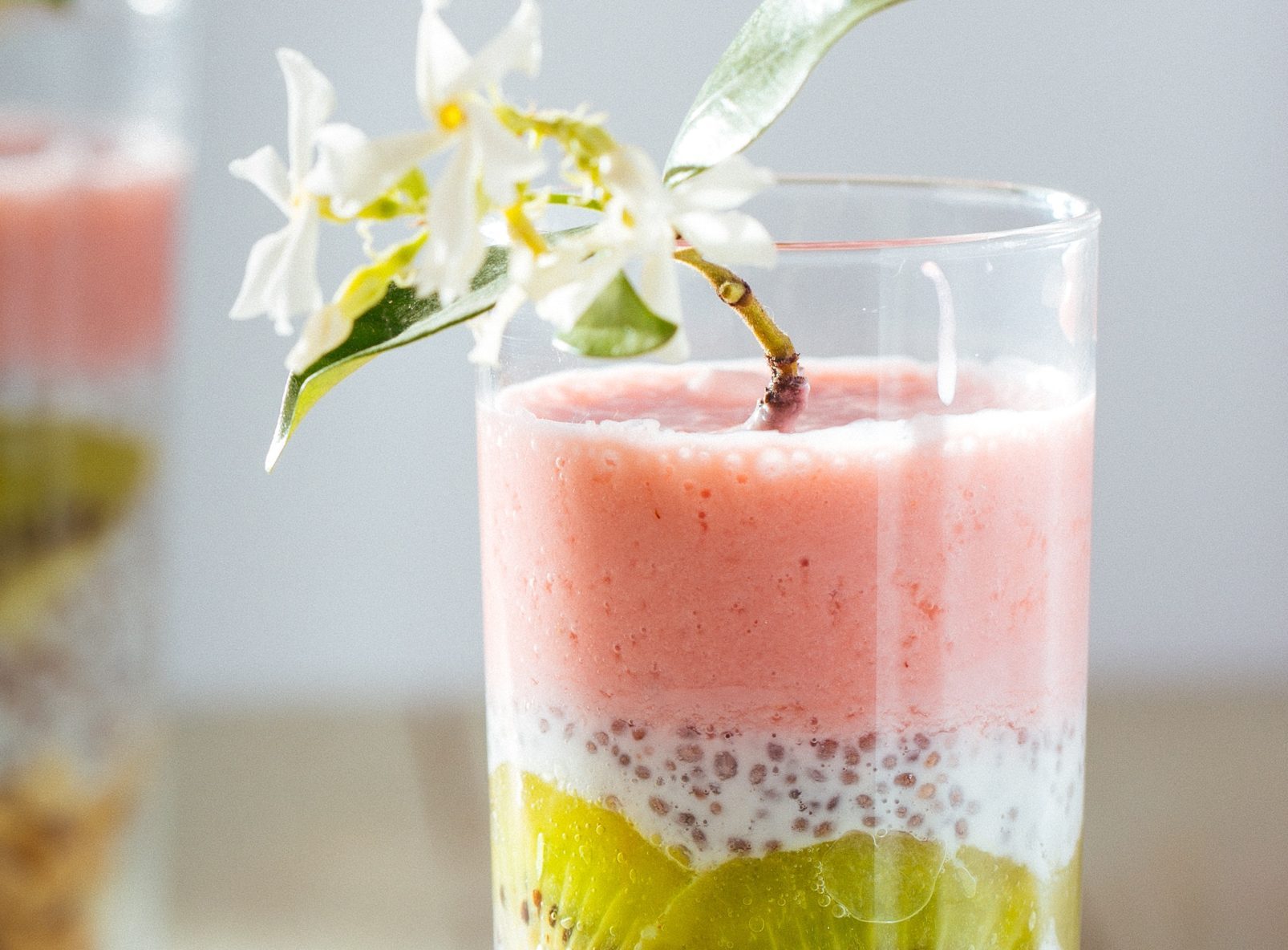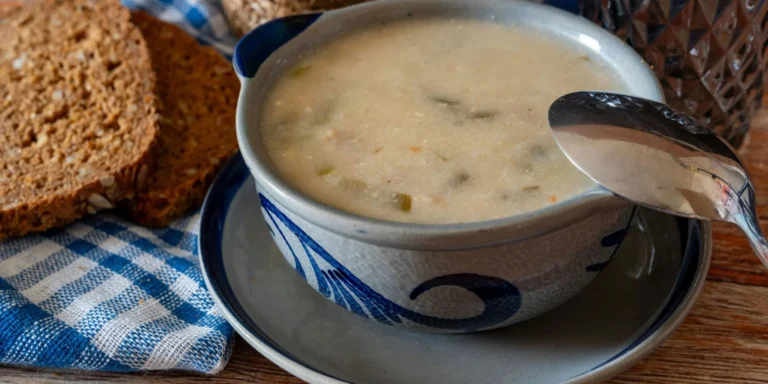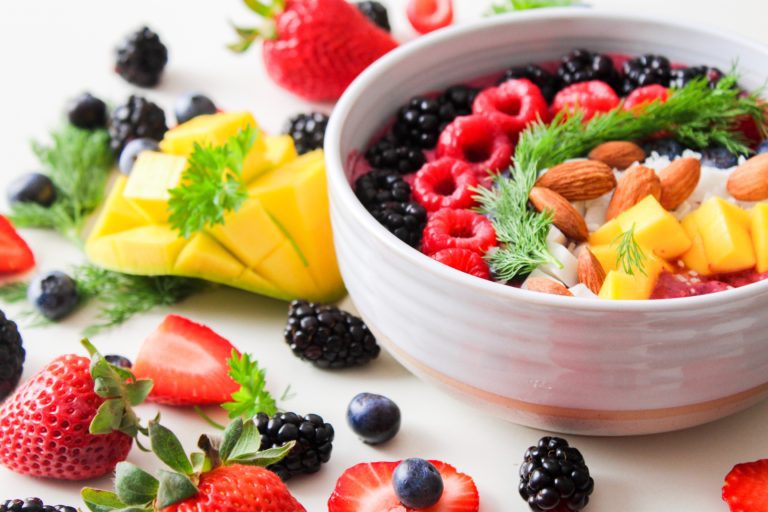If you’re here after searching the web for how to help your gut heal and you’re overwhelmed with the sheer volume of conflicting information – I completely understand.
The good news is, helping your gut heal doesn’t have to be complicated. Let me explain.
You might know the term leaky gut.
It’s a layman’s term for intestinal hyperpermeability, a condition where – through long term stress, poor diet, gut dysbiosis, NSAIDs, stealth infections, autoimmune disease, undiagnosed Celiac Disease, etc. – the normally tight junctions in the gut lining become looser and weakened (source).
As a consequence, partially-digested food particles, yeast, and bacteria from the GI tract can “leak” through into the bloodstream. This can trigger and worsen multiple food intolerances, systemic inflammation, and autoimmune diseases (source 1, 2, 3).
When someone has leaky gut, their gut mucosal barrier is compromised. This makes the GI tract vulnerable to bacterial/yeast overgrowth and IBS symptoms (source).
If you would like to find out if you have leaky gut, SIBO, or gut dysbiosis, you can find the GI testing I recommend here.
With all the evidence we have about the harmful effects of leaky gut, it’s important to understand how to help the gut heal.
Of course, addressing the root cause of your leaky gut is of first importance.
Whether that’s a lifestyle issue (medication, diet, stress) or an undiagnosed chronic illness or autoimmune disease, you can’t heal if the trigger is still damaging your gut on the daily.
What else can you do to assist the healing process, though?
Let’s explore four simple ways to help your gut heal.
1. Amino Acids
One of the most common supplements for healing the gut lining is collagen.
The reason why is because collagen contains a significant amount of three key amino acids that the body uses to repair a damaged gut lining. These include glycine, proline, and glutamine (source).
Some people prefer to get their collagen by making homemade bone broth soups. Other people like to take collagen powder and stir it into their coffee or make homemade jello.
If collagen is so crucial for our gut health, is it possible to heal your gut without taking a collagen supplement?
The idea that you can’t get the collagen you need without eating it directly or taking a supplement is based on a misconception about how collagen gets synthesized in the body.
Eating collagen-containing foods or taking a collagen supplement doesn’t magically add collagen to the organs of your body. When you consume collagen, the body absorbs the individual amino acids, which get stored for future use. Ribosomes in cells are constantly synthesizing protein from amino acids, including collagen, for various bodily functions. Therefore, it doesn’t really matter where the amino acids come from, as long as your body gets the amino acids it needs.
So, it’s clear you need amino acids for the body to synthesize collagen. Where do amino acids come from, then? The answer is protein-rich foods.
I’ve met a lot of people who think meat, dairy, and eggs are the only protein-containing foods. This is simply not true.
While animal products are high in protein, plant-based sources of protein include beans, chickpeas, lentils, peas, tofu, tempeh, tree nuts, seeds, pseudo grains, whole grains (gluten-containing and gluten-free), and even vegetables. Legumes contain the most protein, with nuts, seeds, pseudo grains, and whole grains coming in at second place. Vegetables don’t include a lot of protein, but they include smaller quantities that add to your daily total.
On a vegan diet, it’s possible to be protein deficient if you remove meat, dairy, and eggs without replacing them with plant-based protein sources.
However, if you eat a variety of plant-based protein sources over the course of each day, you will meet or exceed your protein needs.
The average person needs 0.8 grams of protein per kilogram of bodyweight per day. Athletes need closer to 1.2-2 grams per kilogram of body weight.
This is easy to achieve on a vegan diet if you make nutritious food choices. For example, I need 43 grams and get about 75-80 grams of protein per day.
When you eat a variety of high quality protein sources, you get the amino acids you need for the body to heal a damaged gut lining and produce collagen.
If you really want to support collagen synthesis via a supplement, you can do so through plant-based protein powder, liposomal vitamin C, or even glucosamine and chondroitin made from fungi and fermentation.
You might be wondering, though – can pea protein powder really compare to collagen powder? Let’s take a look at the amino acid profiles of one serving of OWYN Pea Protein Powder and one serving of Great Lakes Hydrolyzed Bovine Collagen.
Bovine Collagen
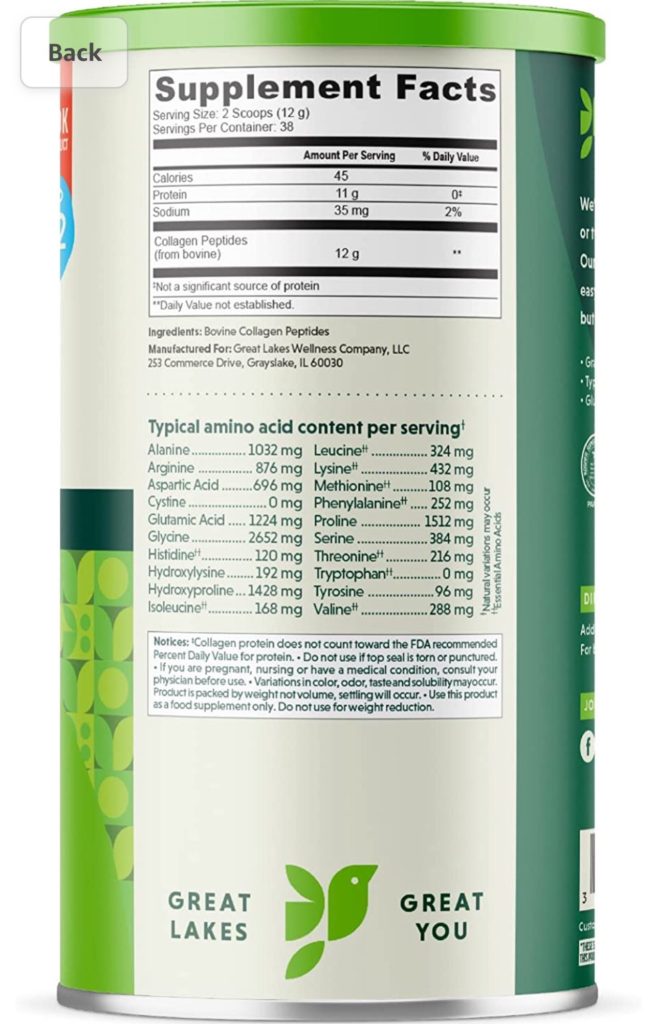
Pea Protein
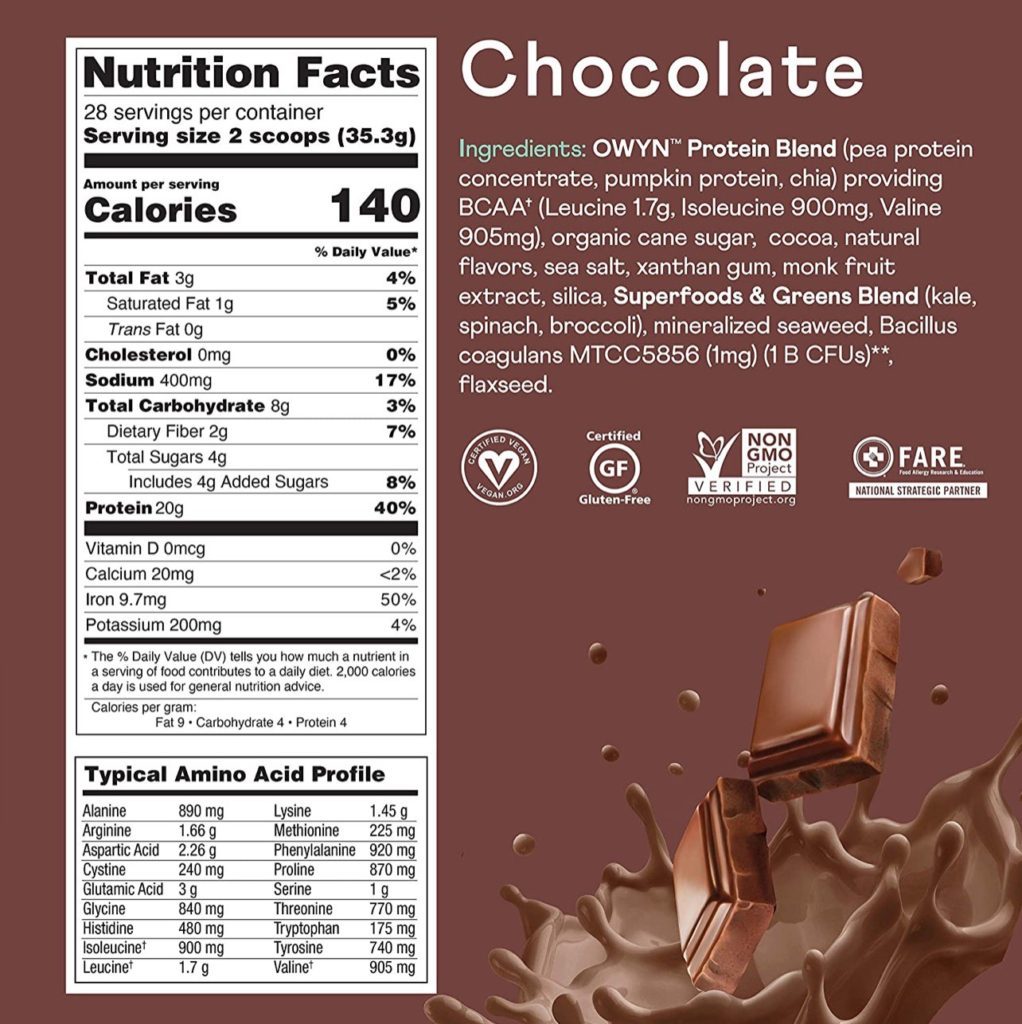
The collagen has 1224 mg of glutamine, 2652 mg glycine, and 1512 mg proline.
The pea protein has 3000 mg of glutamine, 840 mg glycine, and 870 mg proline.
While they aren’t exact duplicates, both products contain quite impressive amounts of the amino acids the body needs to repair a damaged gut lining and make collagen.
2. Reducing Antinutrients
A LOT of gut-healing diets recommend cutting out at least gluten, but preferably all grains and legumes, because they contain antinutrients.
Antinutrients are exactly what they sound like. They’re compounds that bind to nutrients like vitamins and minerals and make them less bioavailable, contributing to malnutrition. Grains, legumes, nuts, and some vegetables contain several types of antinutrients like lectins (including prolamins, one of the most famous lectins), phytates, and oxalates.
Research has demonstrated that in people with a genetic predisposition to autoimmune disease or who already have an autoimmune disease or intestinal hyperpermeability, antinutrients in the diet can cause further damage and prevent gut healing – even inducing and worsening the trajectory of autoimmune diseases (sources 1, 2).
Gluten, a protein found in wheat, rye, barley, and cross-contaminated oats, causes a spike in the level of a naturally-occurring chemical called zonulin in the small intestine.
An increased level of zonulin triggers the loosening of the tight junctions in the small intestine, often resulting in intestinal hyperpermeability (a.k.a. leaky gut). People at risk of autoimmune disease or chronic illness, or who already are chronically ill, are most vulnerable to the effects of a zonulin spike in the gut (source).
Eliminating gluten completely halts the increase of zonulin in the small intestine and helps begin the reversal of a damaged gut lining.
However, you don’t have to eliminate all grains, legumes, tree nuts, and problematic vegetables to reduce your intake of antinutrients and heal your gut. The key is proper preparation methods.
Research has shown that soaking, boiling, pressure cooking, sprouting, and fermenting each inactivate dietary antinutrients so you can eat grains, legumes, and nuts without harmful side effects (sources 1, 2, 3).
- You would want to soak your beans and then boil or pressure cook them, and be sure to rinse canned beans.
- Likewise, soak your grains and then boil or pressure cook.
- Soak your tree nuts before making any homemade sauces, nut milks, or nut butters.
- Steam or lightly saute any vegetables high in antinutrients.
- Choose fermented soy products like tempeh and natto.
- Try your hand at making sourdough bread to further improve digestibility.
Sprouting is a bit more time consuming. If you can do it, though, you’ll reduce the antinutrient content in your food even further. If it’s too time consuming, but you’d like to try it, you can purchase pre-sprouted beans and grains from companies like healthyflour.com.
3. Bitters & Digestive Enzymes
Digestive bitters activate receptors in the GI tract that signal your liver to release bile and your pancreas to release enzymes (source 1, 2). They’re a great way strengthen the function of your digestive tract and ensure your small intestine has a plentiful supply of bile and enzymes at each meal to break down your food.
A long time ago, bitter vegetables were more common in peoples’ regular diet. Because of that, they got a dose or a few of bitters every day. Now, we mostly eat vegetables that taste good. So, unfortunately, we don’t get the benefit of bitters unless we add them to our diet on purpose.
Normally, the pancreas secretes enough enzymes to properly break down our food. However, when a person has compromised gut health, their digestion doesn’t work quite as well as it should. Adding a digestive enzyme supplement before meals can help give the small intestine enough enzymes to break down problematic long chain carbohydrates (source).
4. Probiotics, Prebiotics, & Fermented Foods
Probiotics are beneficial microbes in our GI tract that help control the levels of opportunistic bacteria and yeast. Not only that, they help coat and protect the gut lining and play an important role in the immune system (source).
When our probiotic levels are disturbed, it can lead to yeast and bacterial overgrowth (ie. gut dysbiosis). This in turn causes frustrating IBS symptoms and can contribute to the development of intestinal hyperpermeability (a.k.a. leaky gut).
As you can probably tell, probiotics play a huge role in our gut and overall health.
Unless you’re taking antibiotics or have a digestive disorder like IBS, Crohn’s, or Ulcerative Colitis, you might not need to take a probiotic supplement to keep your levels healthy.
For some, even, probiotics are contraindicated (such as people with SIBO).
It’s best to talk to your health practitioner for their personalized advice.
Fermented foods contain high levels of probiotics, so eating some regularly can give your friendly flora levels a nice boost. You can try kombucha, water kefir, Gut Shots, sauerkraut, or non-dairy yogurt for an easy dose of fermented food. You can even easily make kombucha, beet kvass, water kefir, or non-dairy yogurt yourself.
Prebiotics (ie. fiber) feed the friendly microbiome in our GI tract and in turn help them multiply and flourish. For most people, getting enough fiber through diet is possible (in the form of whole grains, legumes, tree nuts, seeds, vegetables, and fruit). But, for some people with a digestive disorder or diarrheal disease who have to limit fiber in their diet, it might be helpful or necessary to take a fiber supplement.
Have you tried any of these methods to help your gut heal? Let me know your thoughts and questions in the comments.
Disclaimer: I am not a licensed doctor and do not diagnose, treat, or cure disease. Please do not substitute the information in this educational blog post for the personalized advice of your health practitioner.
This post contains affiliate links. If you choose to purchase a product through one of those links, I will earn a small commission that helps me support my family, at no extra cost to you.

